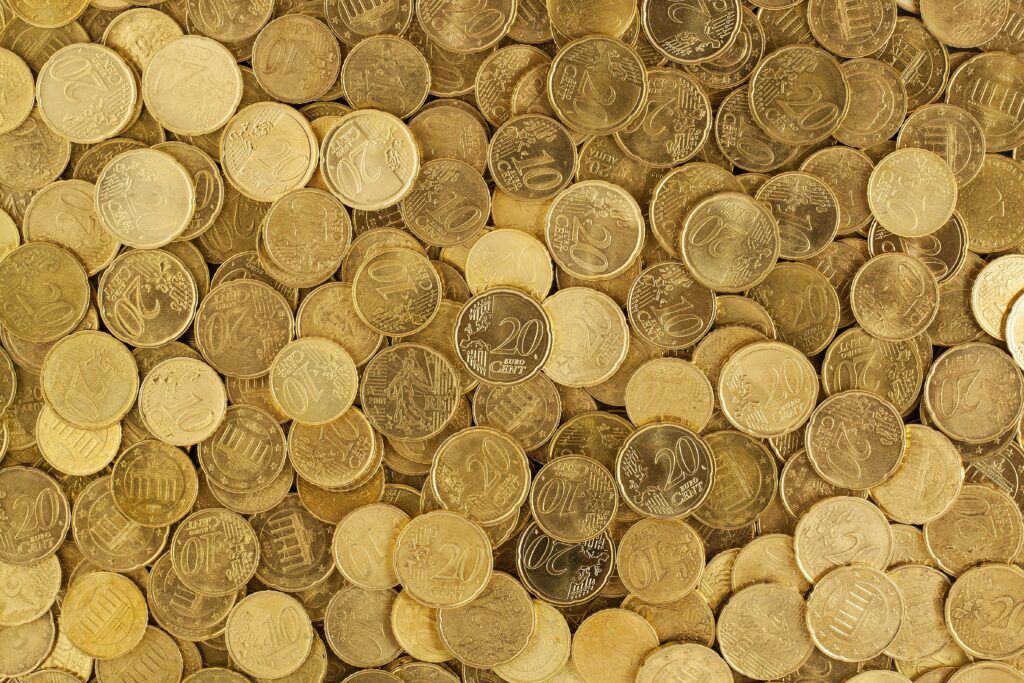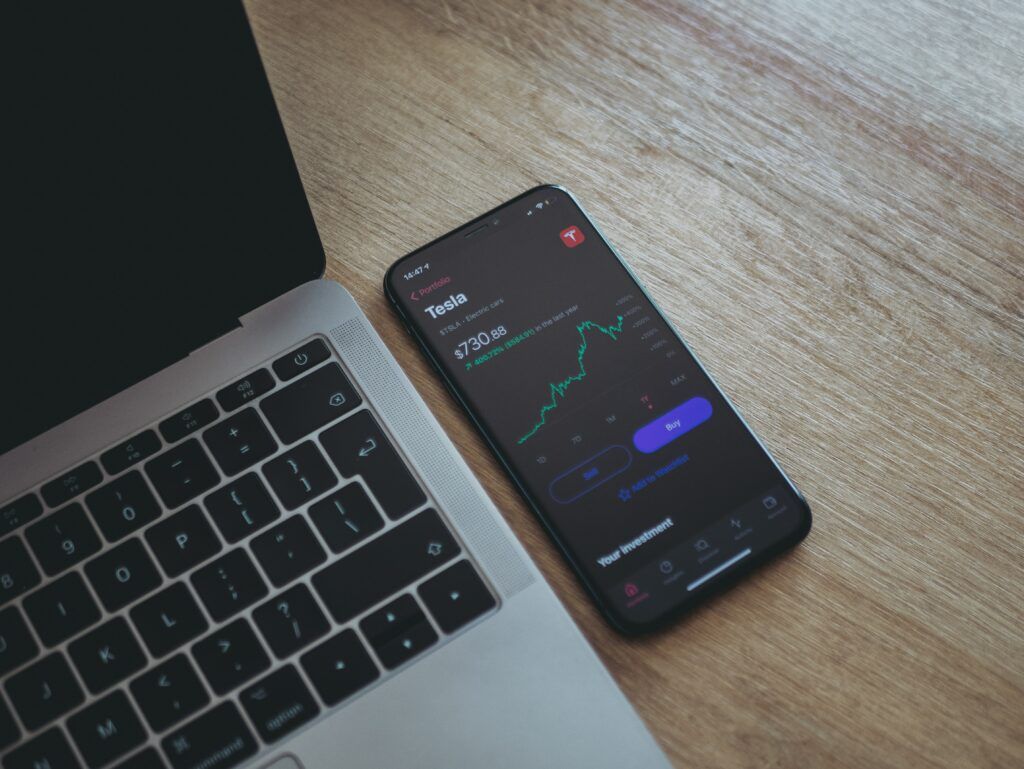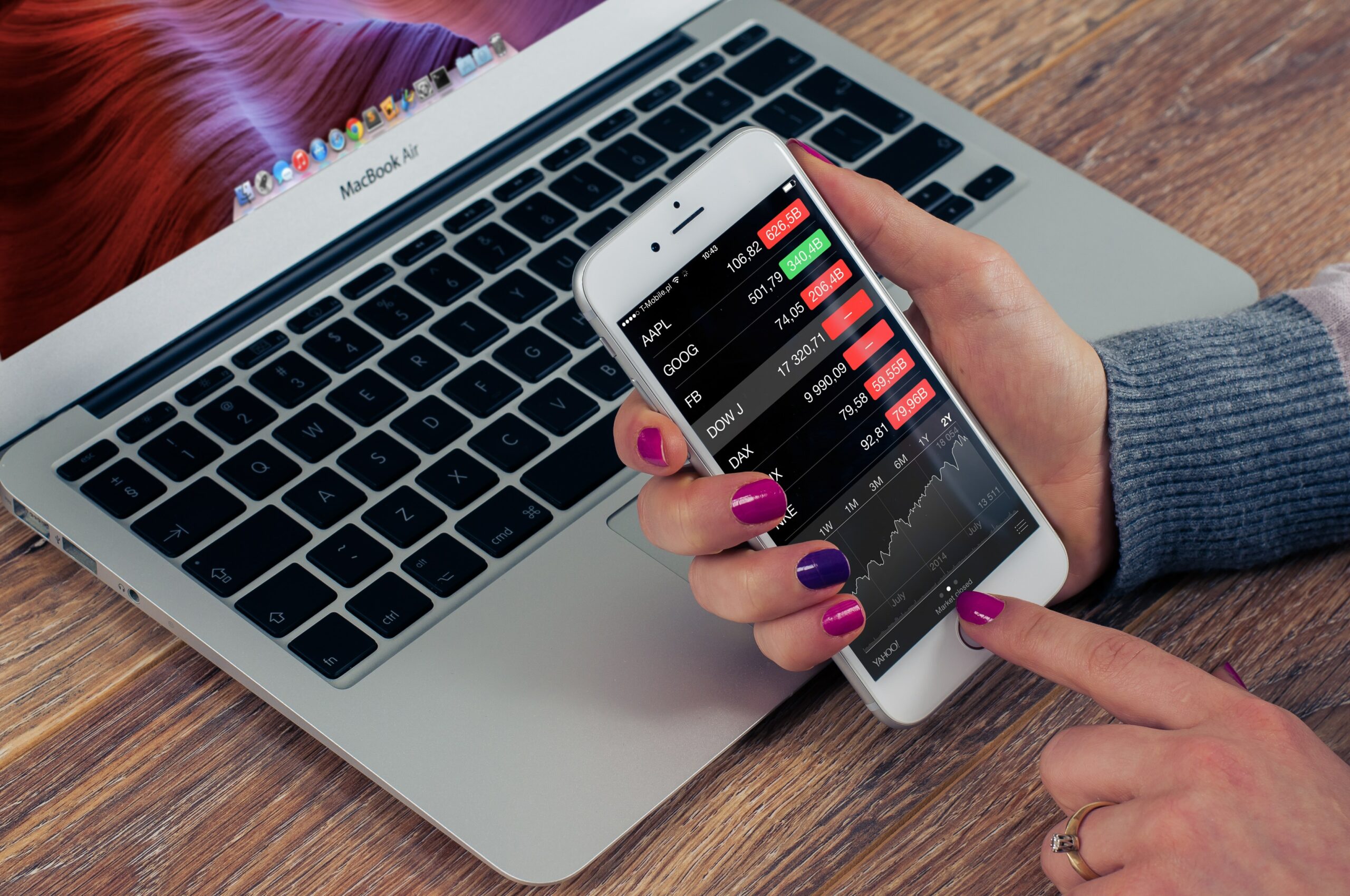The Foreign Exchange market (Forex) is the most important financial market in the world. Exchanging foreign currency in the forex market (also known as Forex or FX) is the purpose of this market. Everything from the cost of clothing purchased from other nations is affected by the transactions here.
What Is the Meaning of Trading in the Foreign Exchange Market?
Exchange rates are continuously in flux due to the supply and demand of a particular currency. The Foreign Exchange market, which is open 24 hours a day, seven days a week, is where currencies are transacted.
In the FX market, the vast majority of trading occurs between institutional investors. Such as bankers, financial managers, and international firms’ staff members. Another way of putting it is that forex trading is quite similar to exchanging money when traveling outside of the country.
These traders aren’t necessarily looking to own the currency they’re trading in. There is a possibility that they are just betting on or hedging against future currency movements. Forex trading is exclusively done over the counter in a centralized location (OTC).
In other words, there is no actual exchange of goods or services taking place (as there is for stocks). In addition, the market is monitored by a global network of banks and other financial organizations. Instead of the New York Stock Exchange, a regional exchange is preferred.

When it comes to quoting Forex trades:
When the exchange rate rises, it indicates that the base currency has been increased in value compared to the quoted currency. Conversely, a decline in the exchange rate indicates a decrease in the value of the base currency.
Exchange rates show how much currency is needed to buy a unit of another. The fundamental money unit. Because of this, the base currency is always expressed as a single unit, although the quoted currency is subject to variations.” Based on current market conditions and the amount of base currency required to purchase one unit of the money.

The current exchange rate for each currency pair is shown in the currency pair table. There is a quote currency on the right (the US dollar). The currency on the left (the euro) serves as the base currency in this example.
What Drives the Forex Market:
There are five days a week when the FX market is open for business. As a result, traders in this market can respond to news that may not immediately impact the stock market. Because so much of currency trading is based on speculation or hedging activities.
Currency traders must be aware of the variables that could lead to sudden price movements. Currency prices are determined by the supply and demand of sellers and buyers, just as in any other market. Other macroeconomic factors are also at play in the market. Interest rates, central bank policies, and the pace of economic growth can all affect the demand for specific currencies.
Additionally, there is the country’s political climate to consider. A look at how currency is traded. After the US dollar, the euro is the second most often traded currency in the Foreign Exchange market.
In order of popularity, the following are the other main currencies:
- The Aussie dollar (AUD).
- The pound sterling is the currency of the United Kingdom (GBP).
- The Canadian currency is known as the “currency of Canada (CAD).
- The franc is the currency of Switzerland (CHF).
- The currency of Japan is the yen (JPY).
- Currently, the New Zealand dollar is trading at a rate of (NZD).
Hence, knowing the currency’s code: USD is beneficial.
Why Forex Trading Is Important to Regular People:
It will be more expensive to travel and import goods if the dollar decreases. In contrast, enterprises that sell their products abroad will see a boost. Even if most investors should steer out of the currency market, what happens there impacts all of us.
The current spot market activity will influence the amount we pay for exports. In addition to the cost of international travel. There are several risks associated with Forex trading.
In addition to potential losses, the costs of transactions can accumulate and could reduce the profitability of a trade. Traders of foreign currencies should keep in mind that they’re just like any other fish in a pond. Of knowledgeable, experienced traders and the Securities and Exchange Commission.

It was informing new traders of possible fraud or information that may be unclear. Because Foreign Exchange trading necessitates the use of leverage and margin. Forex trading has added risks compared to other asset classes.
If a currency’s value falls too far, leverage users may be forced to make a margin call. Due to the risks associated with borrowing money, they may be forced to sell their investments at a loss. Currency prices constantly fluctuate, although only by a few cents.
To generate a profit, traders will need to place enormous bets (using leverage). A trader’s winning bet might be magnified thanks to this leverage. As a result, losses can be magnified, and in some cases, even exceed the amount of money initially borrowed.
Three ways to trade Forex:
Like those in the stock market, traders in the Foreign Exchange market are looking to buy currencies. Which currencies they believe will rise in value over time. When the purchasing power of currencies declines, they may choose to get rid of them.
When it comes to forex trading, most transactions aren’t performed for the goal of exchanging currencies. A money exchange while on a trip would be similar. However, you can use this strategy to speculate on future price swings, much like stock trading.
Traders with varied objectives can choose from three main methods of FX trading:
Futures trading:
Forex traders primarily use the forward and futures markets to speculate. Alternatively, you might take a position to protect yourself from currency fluctuations.
The spot market determines the currency rates in these marketplaces. When it comes to currency trading, New York City is by far the most popular location. In the same way, traders can choose to acquire a primary contract.

Alternatively, you can set a date in the future to sell a preset amount of a currency at a predetermined exchange rate. In contrast to the forwards market, this is done on an exchange rather than privately.
The short-term trading:
The supply and demand of a currency determine its exchange rate in real-time. Those currency pairs are traded in this market.
Forward trading:
Traders in the forex market have the option of entering into a legally binding contract with another trader instead of immediately completing a deal. Also, you can agree on a future date and an exchange rate for a specific quantity of money.

